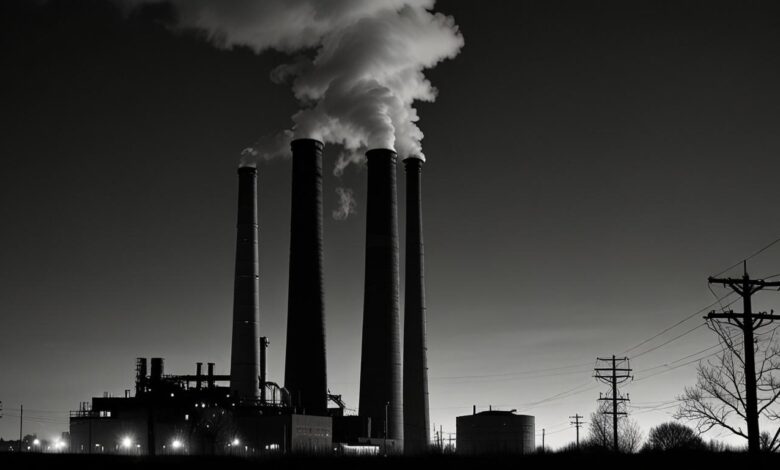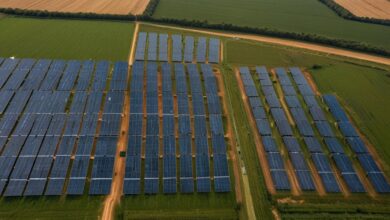Peabody Power Plant Facing Backlash for Opening with Fossil Fuels Despite Green Promises

The Peabody power plant in Massachusetts is under scrutiny as it prepares to begin operations using diesel and natural gas, going back on initial plans to transition to cleaner fuels like green hydrogen. Despite promises to incorporate green energy sources, supply chain challenges have led to delays, causing disappointment among environmental advocates and concerns about air pollution and carbon emissions.
Peabody Power Plant to Open with Fossil Fuels Despite Initial Promises
The Massachusetts Municipal Wholesale Electric Company (MMWEC) faces criticism as the new Peabody power plant is set to start operations burning diesel and natural gas, contrary to earlier commitments to use cleaner fuels. Initially proposed in 2016 as a fossil fuel-powered “peaker plant,” the $85 million project aimed to provide energy during peak demand periods to avoid raised prices. In 2021, MMWEC promised a transition to a blend of green hydrogen and natural gas, with an eventual shift to hydrogen only.
However, due to supply chain issues, green hydrogen has not been procured. Joe Anastasi, manager of the Peabody Municipal Light Plant, has announced the plant’s imminent readiness, with Spokeswoman Kate Roy indicating it could be “any day now.” This decision has sparked disappointment among climate activists and healthcare professionals, who previously raised concerns about air pollution and carbon emissions.
In response to public opposition in 2021, MMWEC temporarily paused the project to address concerns and revised its plans to include a 25% green hydrogen blend by 2022, increasing to 100% in the future. Despite these assurances, current projections suggest a maximum of 30% hydrogen blend capacity, with uncertainties about the timeline for incorporating green hydrogen.
MMWEC has rebranded the plant as the Northeast Reliability Center, set to be online in 2024, using natural gas and oil with future retrofitting for green hydrogen.








